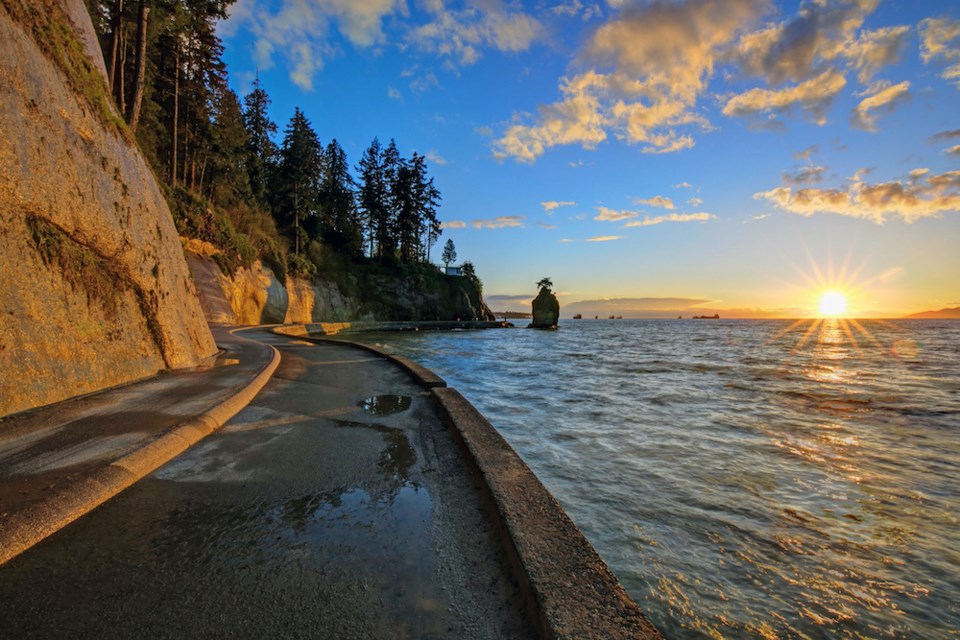If British Columbians felt a bit short-changed about a late start to summer, following an unseasonably cool spring, they may find some compensation with what is shaping up to be a late end to the season.
Kids returning to school next week will likely be able to keep their summer outfits at the top of the dresser, as Environment Canada meteorologist Doug Lundquist says a warm northern Pacific Ocean from B.C. to Japan should give British Columbians a much warmer start to fall.
“Even though we're going into the first week of September, it looks like it’s going to continue to be on the hotter side,” said Lundquist.
Environment Canada expects to publish its full fall forecast on Sept. 1, the meteorological start of fall.
"The sneak peek for that is that the water between here and Japan is very warm; everywhere: the whole Pacific Ocean, the whole north Pacific and Gulf of Alaska is really warm, some places extraordinarily warm," said Lundquist.
"Since our systems come from the ocean, that probably means fall is going to be warmer than average. That's the number one thing, right there, at least the start of fall; it doesn't mean every day,” cautioned Lundquist.
This is a natural carryover from a very hot August, the Kelowna-based meteorologist told Glacier Media.
“It's just been extremely hot for so long. So it’s that kind of thing that could continue in the fall. But, of course, you know, the whole pattern is downhill because we're getting the longer nights, fall is cooler and the nights cool off a lot more as they're getting longer and longer and the sun has less power.”
However, there are no predictions for rainfall, so while the temperatures may be more favourable, it’s anyone’s guess if storms may hinder these warmer-than-expected days to come.
Still, the next 10 days look dry from his models and even that is “extraordinary” given the dry August B.C. has experienced.
“We're in a hot spell here; an unusual hot spell for the end of summer and for the first day of meteorological fall. This is unusual to have this kind of weather. It's not unusual to have a nice week but it’s just gone on and on and on,” he said.
At Vancouver International Airport, in July, the average maximum daily temperature was 22.9 C while the average minimum temperature was 14.9 C; whereas the monthly averages are 22.2 and 13.7, respectively.
The days heated up more in August, with temperatures to Aug. 28 averaging highs of 24 C and lows of 15.5 C.
Vancouver in August will have seen just 6.4 mm of rain whereas it typically sees 36.7 mm.
September typically brings about 50.9 mm of rain with highs of 18.9 C and lows of 10.8 C.
Vancouver’s most extreme high in October is recorded as 23.7 C on Oct. 11, 1991.


